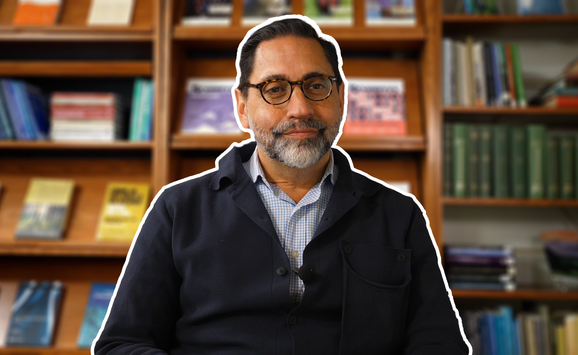Each week, I review the papers, studies, reports, and briefings posted over at the RFF Library Blog.
Multiple compounding factors are driving national movement toward a more modern electricity grid, one that enables a cleaner energy future. This landmark report offers a unique look at easing that transition, and offers five insightful approaches for state utility regulators who, ultimately, will facilitate this transition through the rules and regulations that govern the electricity system and electric utilities. “IREC seeks to provide regulators with some practical pathways for consideration as they address the changing roles and interests of customers and utilities,” says IREC’s Regulatory Program Director, Sara Baldwin Auck. - Interstate Renewable Energy Council (IREC)
[New York Magazine] …According to the report:
- Mean annual temperature increased 3.4 degrees Fahrenheit between 1900 and 2013.
- Mean annual precipitation increased 8 inches between 1900 and 2013.
- Sea levels in NYC have risen 1.1 foot since 1900.
And it’s only going to get worse... - Annals of the New York Academy of Sciences (Jan. 2015)
The Integrated Grid: A Benefit-Cost Framework
[PennEnergy] In its new benefit-cost framework for an integrated grid, the Electric Power Research Institute (EPRI) is laying out a transparent, consistent and repeatable process through which utilities and others can use the methodology to evaluate the benefits of distributed energy storage, for instance, throughout the entire power system, and equally calculate the cost, according to EPRI president and CEO Michael Howard. - Electric Power Research Institute
The Liquid Carbon Challenge: Evolving Views on Transportation Fuels and Climate
[From a Climate Wire article by Debra Kahn, sub. req’d] …University of Michigan research professor John DeCicco wrote a study finding that the current method of calculating the carbon emissions associated with transportation fuels is essentially meaningless. - John M. DeCicco
Two NAS Reports on Geoengineering Techniques for the Removal of Greenhouse Gases
[Dot Earth] The panels’ overarching bottom line is straightforward:
There is no substitute for dramatic reductions in the emissions of CO2 and other greenhouse gases to mitigate the negative consequences of climate change, and concurrently to reduce ocean acidification.
There are no big surprises in the voluminous reports, but they do provide a great guide to both the scientific and societal issues attending using “climate interventions” — the reports’ phrase for geoengineering techniques — to counter humanity’s continuing intervention: the release of tens of billions of tons of carbon dioxide a year. - National Academy Press
Follow the RFF Library Blog via RSS feed or @ChrisClotworthy on Twitter.




